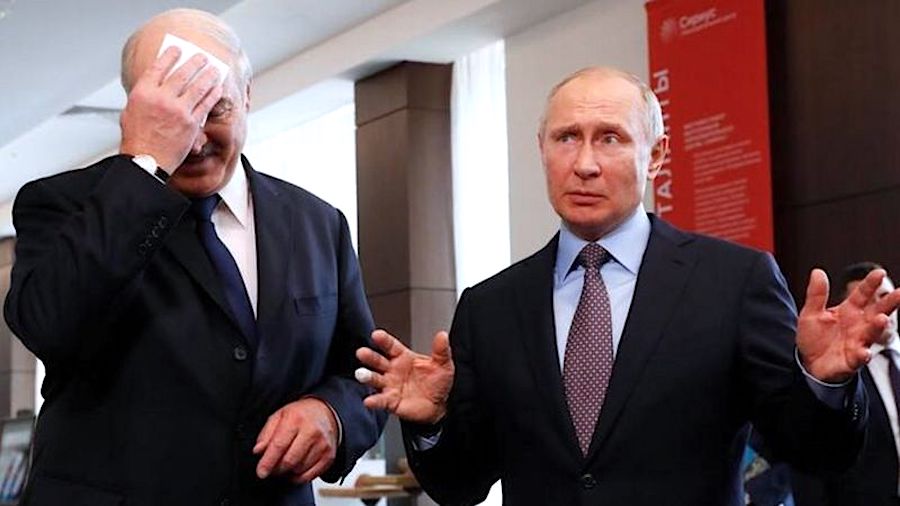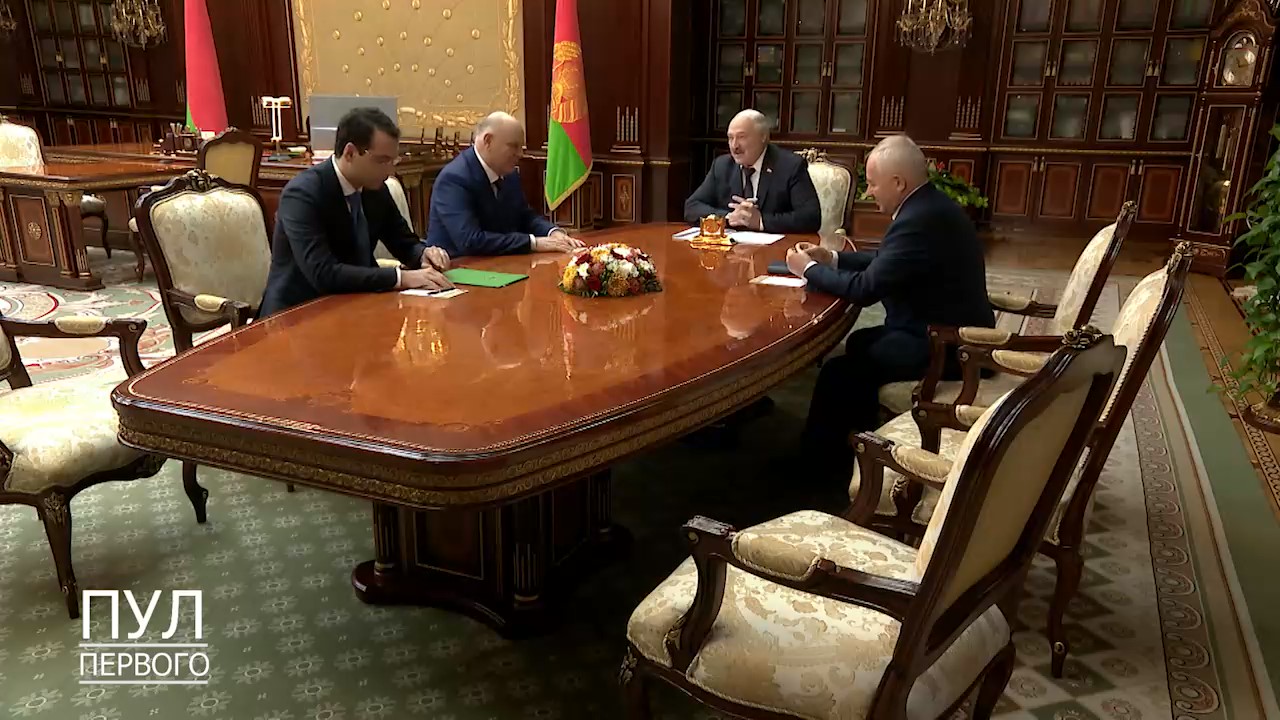Minsk, Geneva, or Minsk and Geneva: Negotiations on the Georgian-Abkhazian conflict
Georgia-Abkhazia negotiations
Abkhazia proposes to make Minsk an alternative platform for resolving the Georgian-Abkhazian conflict. Whether this mean that Sukhum is abandoning the current format of negotiations – the Geneva discussions – is unclear.
The Minister of Foreign Affairs of Abkhazia Inal Ardzinba came up with the initiative regarding Minsk, one of three proposals in a package of new foreign policy initiatives he presented:
- Formation of a strategic consultation mechanism Sukhum-Moscow-Minsk.
- Minsk as an alternative platform for the negotiation on security and stability in the Transcaucasus.
- Creation of a new institution responsible for the development and implementation of reforms.
The document says nothing about the future of the Geneva discussions, and leaves open whether Minsk is to stand alone or exist in tandem with Geneva.
The Geneva platform is in a clear crisis. During the last year, only one round of negotiations was held. Several times the meetings were postponed, and now it is not clear whether they will resume at all and if so, when.
-
What are the Geneva Discussions
The format of the Geneva International Discussions (GID) was created in October 2008, after the August war between Georgia and Russia. The format has three co-chairs – representatives of the European Union, the UN and the OSCE, representatives of the United States also participate in the negotiations.
The site is the only place where Georgia and Russia, with the participation of representatives of Abkhazia and South Ossetia, discuss various humanitarian issues. The Geneva format does not touch upon the political aspects of the conflict. That is, the status of Abkhazia and South Ossetia and other political issues are not discussed here.
Initially, the Geneva talks were held according to the system of four rounds a year. However, in recent years this schedule has been interrupted. In particular, the 57th meeting was scheduled for February 21-22, 2023. But on January 31, it was announced that it was postponed to April. Why the negotiations were canceled was not publicly reported.
President Aslan Bzhaniya also spoke on this topic.
“The Geneva discussions are not being held now, and we cannot count on this platform. Minsk could be a neutral territory for discussing security issues in the South Caucasus,” he said.
- “We don’t owe anyone anything.” Opinion on Abkhazia’s attitude to the West and to Russia
- Stalinist language in the Abkhaz government: opinion
- “If Abkhazia wants to be recognized, it should not alienate but invite the West”
Abkhazia’s growing dissatisfaction
On February 1, the authorities of Abkhazia announced that they would not let in the co-chairs of the Geneva discussions, who planned to visit on February 8-9 to hold meetings with officials of the republic. Local experts maintained that this was in deference to Russia.
Inal Khashig, editor of JAMnews in Abkhazia / editor-in-chief of Chegemskaya Pravda, suggested two possibilities:.
“An optimistic option. Sukhum decided to raise the stakes in order to somehow cheer up the stalled negotiation process and thereby return the mode of operation of the Geneva discussions to their usual course.
Pessimistic option. The authorities of Abkhazia are beginning to gradually curtail their participation in the Geneva negotiation process. Perhaps the mediating role of the European Union and the OSCE in resolving the Georgian-Abkhazian conflict no longer suits Abkhazia because of the confrontation between Russia and the collective West.
And in order to confirm its allied relations with Moscow, Abkhazia is sacrificing Geneva, the only international platform in which it could make itself known at a high level.”
Belarus, Lukashenko and the Georgian-Abkhaz conflict
Minsk and directly President of Belarus Alexander Lukashenko began to take an active interest in the Georgian-Abkhaz conflict since 2022.
In early February 2022, Lukashenko said that he was waiting for “signals” from Russia to recognize the independence of Abkhazia and South Ossetia. The Kremlin, represented by Dmitry Peskov, the press secretary of the Russian president, said at the time that “there will be no signals.”
At the end of June 2022, the President of Belarus sent his personal representative Viktor Sheiman to visit Abkhazia. In Abkhazian society and at the expert level, it was then actively discussed whether this could mean that Lukashenko was probing the situation before recognizing Abkhazia.
On September 28, the President of Belarus himself unexpectedly arrived in Abkhazia, where he stated:
“We discussed the problems of Abkhazia with our elder brother Vladimir Vladimirovich Putin. We discussed these issues a lot, until nightfall, and came to the same conclusion that Abkhazia should not be abandoned. She needs help so that this flourishing land, the people who live here, live normally.”
On February 21, 2023, President of Abkhazia Aslan Bzhaniya paid a return visit to Minsk. Experts said that not only Abkhazia, but Moscow is counting on Lukashenka’s decision to recognize the independence of Abkhazia. After that, the process of creating the Union State with the participation of Russia, Belarus and Abkhazia will begin.
But during the meeting with Bzhania, Lukashenko only uttered a meaningful phrase about “gluing the Tbilisi-Sukhum-Minsk triangle together.” He added that the arrival of the Abkhazian president “does not mean further recognition of the statehood of Abkhazia – I am merely returning the courtesy.”
March 3 – the last message regarding the role of Belarus. Statement by Deputy Foreign Minister of Abkhazia Irakli Tuzhba that “in Abkhazia they hope that Belarus will recognize the passports of the republic.”

Terms, place names, opinions and ideas suggested by the author of the publication are her / his own and do not necessarily coincide with the opinions and ideas of JAMnews or its individual employees. JAMnews reserves the right to remove comments on posts that are deemed offensive, threatening, violent, or otherwise ethically unacceptable.




















